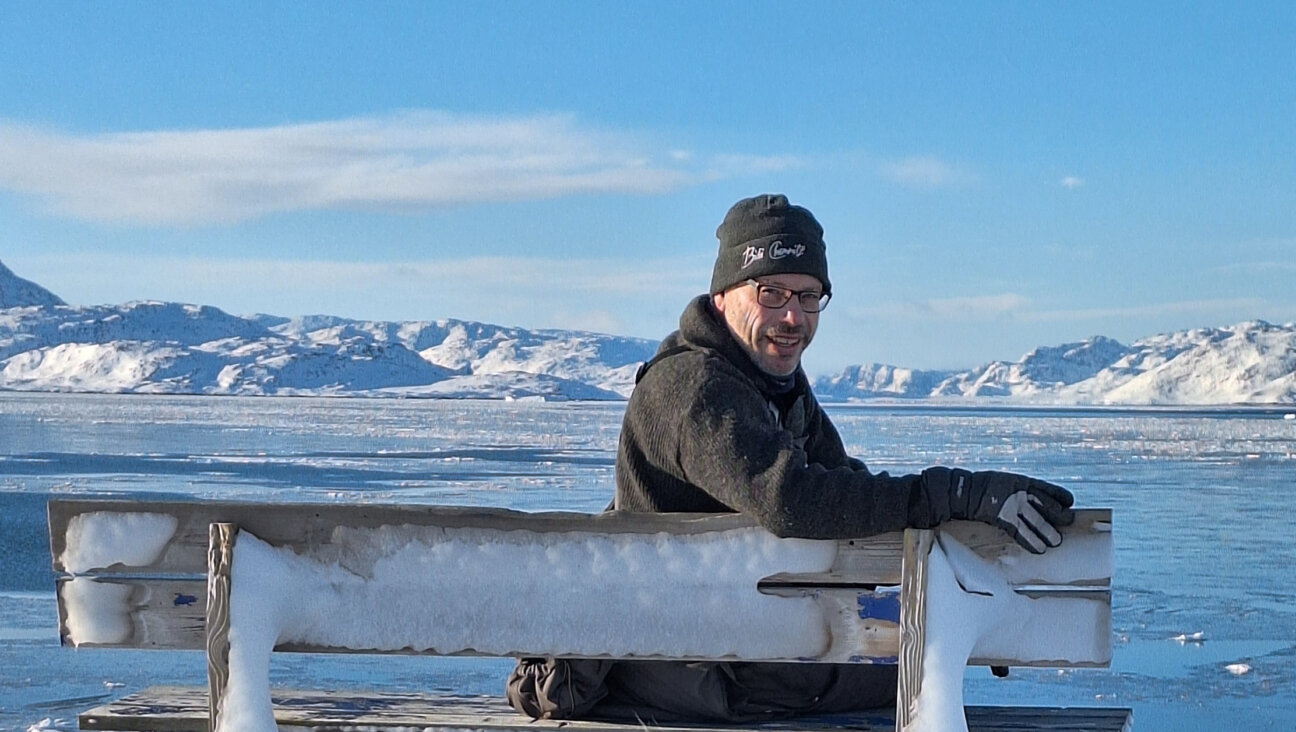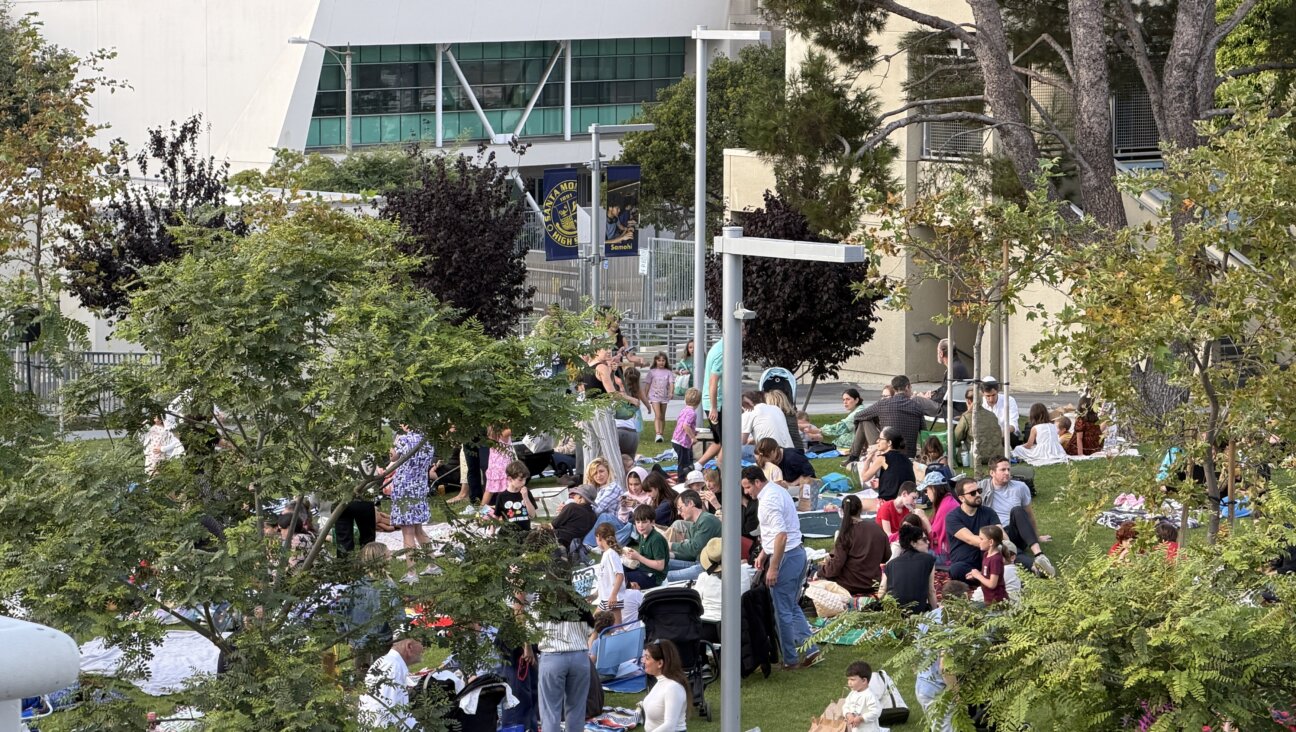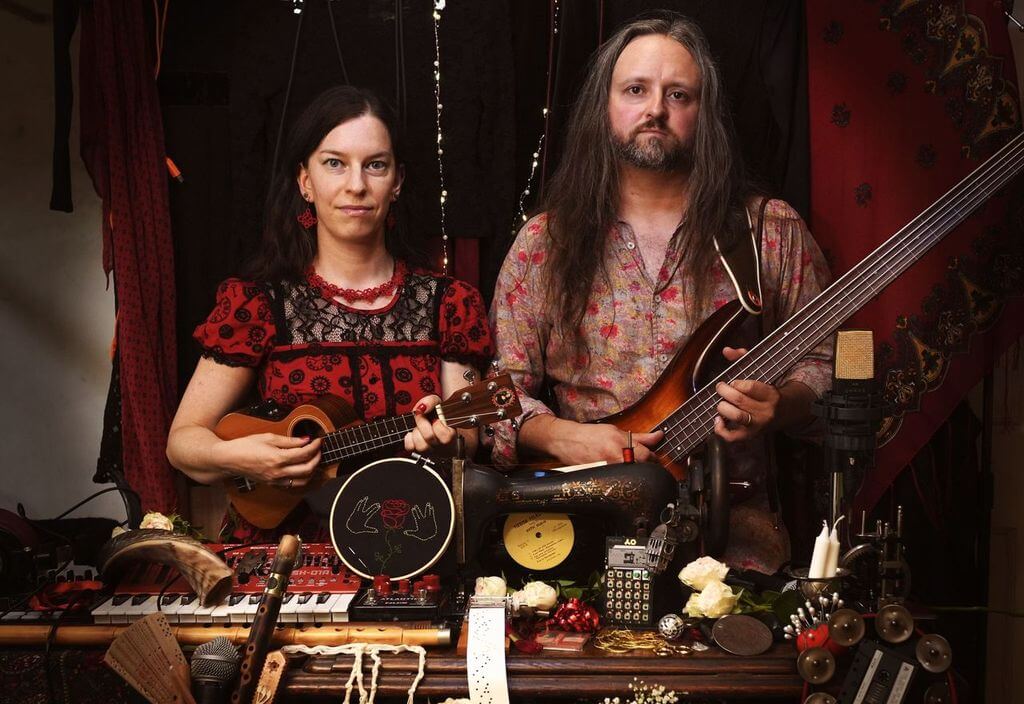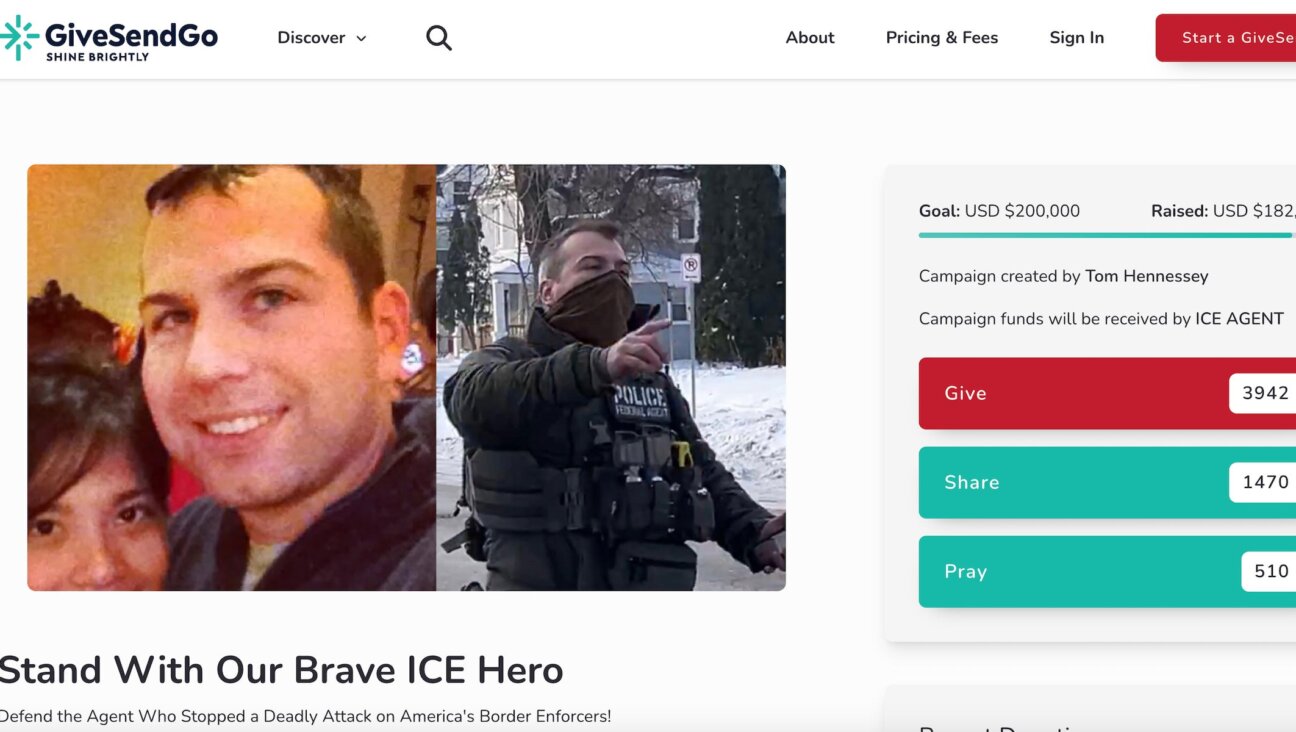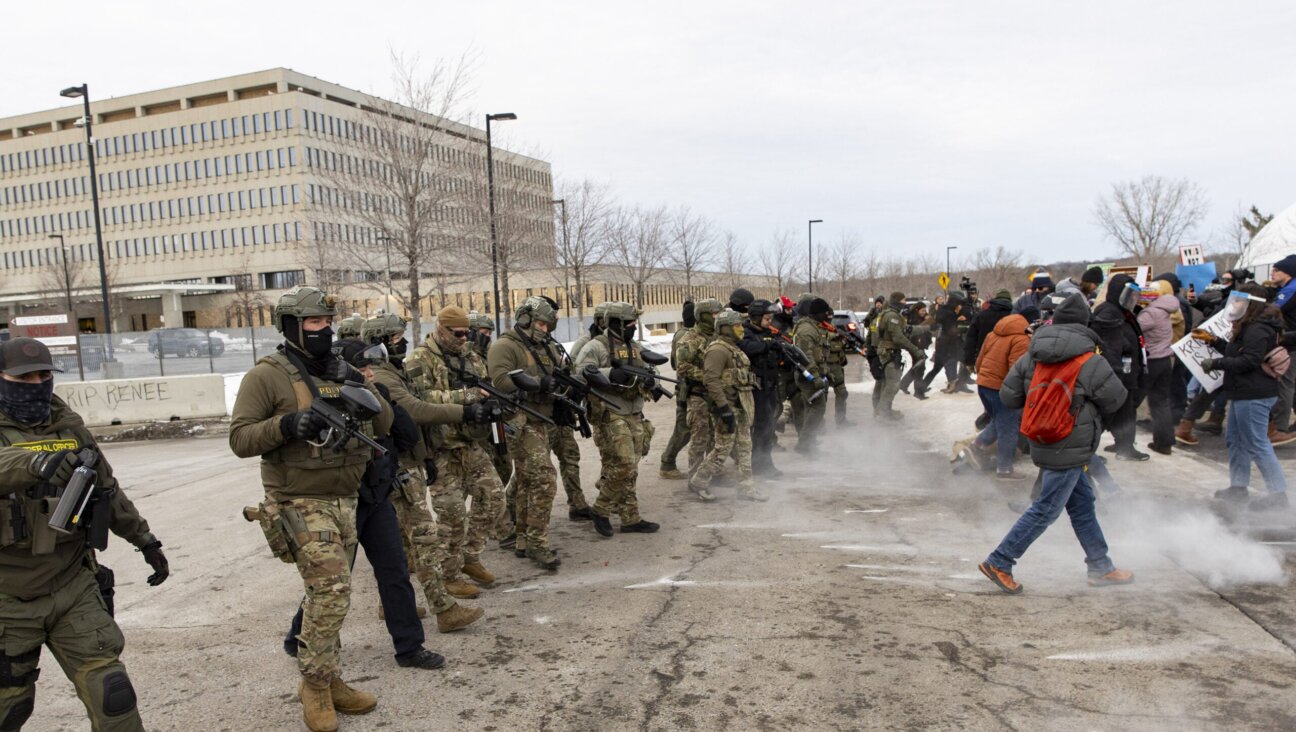Thousands of Romani Survivors Destitute After Reparations Fund Dries Up
The sole reparations program devoted to Romani, or Gypsy, Holocaust survivors ran out of funds at the beginning of this month, leaving tens of thousands vulnerable to starvation and extreme weather.
For the past four years, the International Organization for Migration has spent $32 million providing emergency assistance to destitute Romani survivors of the Holocaust — or the Porajjmos, as the Nazi reign of terror is known in Romani. It is estimated that between 500,000 and 1.5 million Romani were murdered during the Nazi era.
The recent funds for Romani survivors came from the legal settlements with the Swiss banks and German industries in the late 1990s, which together opened up $6.25 billion for Holocaust survivors. While these settlements continue to fund social service programs for Jewish survivors, the small amount set aside for Romani survivors is now gone — a turn of events that could have dire consequences for the 70,000 Romani survivors in Eastern Europe previously served by the organization.
“What this means is that more old Gypsies are going to freeze next winter than did last,” said Delbert Field, director of the International Organization for Migration’s Humanitarian and Social Programs. In one immediate example of the possible consequences, Field told the Forward that after his group closed their operations in Serbia last winter, he learned that five former recipients died of exposure to the cold. Field said that 95% of the survivors with whom his organization dealt lived without indoor plumbing — most in shacks with dirt floors.
The Romani of Eastern Europe remain one of the most discriminated and destitute minority groups in the continent. In Nazi Germany, after 1938, the Romani were designated as a degenerate race, leading to mass executions and deportations.
The recent program for survivors functioned in 17 countries and spent most of the funds on emergency food packs and heating assistance for survivors living on less than $4 a day. The program was also designated to serve homosexual, disabled and Jehovah’s Witness survivors — but 95% of the clients ended up being Romani.
The plight of Romani survivors has received much less attention than that of Jewish Holocaust survivors, in part because of the lack of organization among disparate Romani communities. One clear indication of the lack of coordination is that before the IOM program began in 2001, there was no reliable estimate as to how many Romani survivors were alive. An IOM census at the time estimated that there were 45,000 survivors. After four years in the field, the group now estimates that there are 144,000 needy Romani survivors, of which 70,000 were served through the recent program. There are an estimated 125,000 Jewish survivors being helped by similar reparation programs in the former Soviet Union.
The $34 million that went to the Romani survivors is a tiny fraction of more than $60 billion that European governments and business have designated for Holocaust restitution and reparations since World War II. The largest chunk of the money — some $17 billion — was given by Germany to the Israeli government. No parallel payment was made to the Romani, largely because they remained a stateless people after the war.
Romani survivors have been eligible to apply for certain restitution programs, like slave and forced labor funds. But the Romani have had no steady advocates or guides similar to the Conference on Jewish Material Claims Against Germany, which advertises and processes most Holocaust-era programs for Jewish survivors.
Stuart Eizenstat, who led the negotiations to win Holocaust restitution and reparations on behalf of the Clinton administration, said that his team did not initially include the Romani in the agreements because the negotiators were not approached by Romani advocates. As the negotiations went on, Eizenstat says the negotiators tried to be more inclusive, but did not have a great deal of success.
“It’s a tragedy that they were not included to begin with,” Eizenstat told the Forward. “They were voiceless and defenseless; they didn’t have the organizational capacity that the Jewish community had. It ended up compounding a tragedy for a people who have known a great deal of tragedy.”
The Swiss bank agreement contributed $20 million to the IOM, while the German foundation provided $12.5 million. When it appeared, last year, that more money from the Swiss settlement could become available for humanitarian funds, the IOM requested at least $60 million to continue the program, but Field has little hope that it will come through.
Romani advocates have often complained that their experience during the war has been ignored by historians and by Holocaust activists. One bone of contention has been the United States Holocaust Memorial Council, which does not have a Romani representative.
“We’re not taken seriously enough,” said Ian Hancock, who was the lone Romani representative on the council during the Clinton administration. “There’s still the stigma of the Gypsies. We’re regarded more as a type of behavior than [as] an ethnic population.”
Field said that the Romani survivors he visited still had memories of the German invasion, and of the killings that followed. One woman in Ukraine lived with her window shutters nailed closed so that the Germans could not find her.
But Field said he saw little disappointment regarding the lack of further restitution and reparation payments — there was too little education and too much persecution for that.
“These people aren’t living with a particular rage or disappointment, because they’ve come to expect nothing,” Field said.


